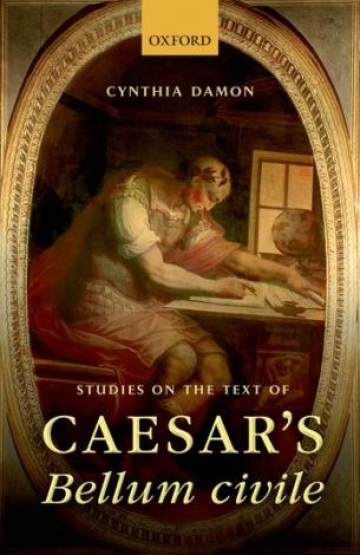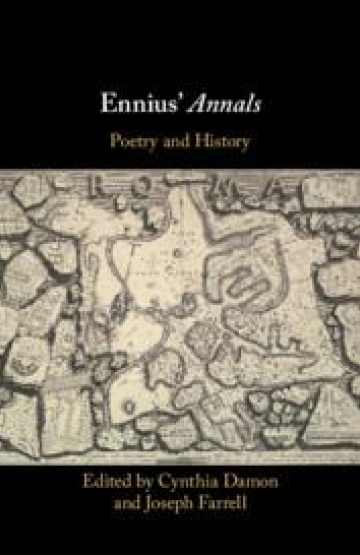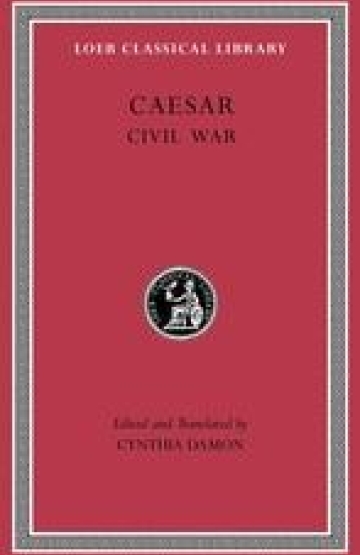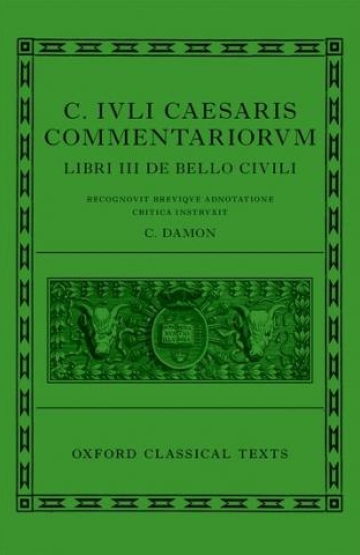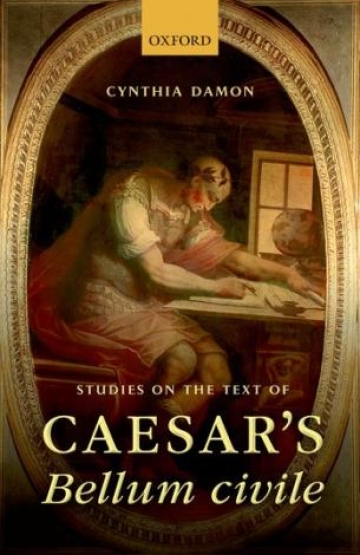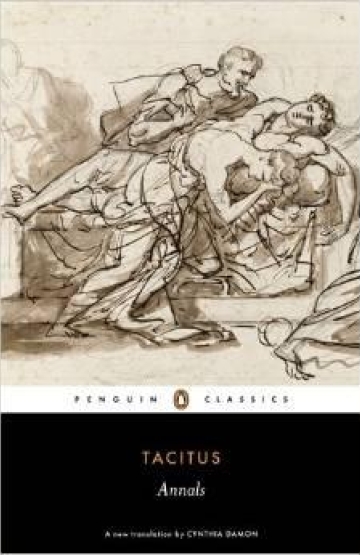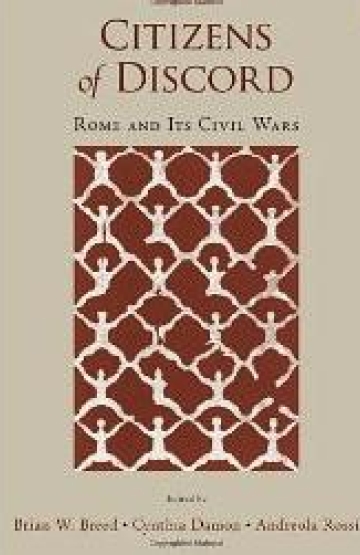I have kept fairly consistently to the general theme of how writing communicates, pursuing it along different lines and in a variety of texts both Latin and Greek. For the past decade or so the focus has been Roman historical narrative, but my next project, on Pliny's encyclopedic Natural History and its reception, will take me into a new genre and new periods.
My curiosity about the pragmatics of communication draws me into close engagements with the texts I study. The commentary is a natural format for me, the more so because it combines easily with teaching: both undertakings depend on figuring out what students need to know and how to deliver it. I have written two brief commentaries (on Augustus' Res Gestae and Nepos' Life of Atticus) and a more substantial and scholarly commentary on the first book of Tacitus' Histories. My aim in this latter project was to reintegrate Histories 1 into the corpus of teachable Latin texts. I have also tried my hand at translation, first of a newly discovered inscription, the Senatus consultum de Cnaeo Pisone patre, and subsequently of Tacitus' masterwork, the Annals, and Caesar's Civil War; in case of the Annals the challenge of rendering an important historical source written with literary flair and passionate intensity proved irresistible. Preparing the new OCT of Caesar's Bellum civile involved exploring a text at the most fundamental nuts-and-bolts level. This is a kind of scholarly project I never foresaw doing, but I've become increasingly conscious of the need for renewed scrutiny of and investment in the infrastructure of our classical texts as the transition to the digital medium gathers speed. So when the opportunity arose to edit a text, I leapt at it. The learning curve was steep but rewarding, especially as I apply my new understanding of "the text" to plans for digital Latin texts and libraries.
Ph.D. (Classics), Stanford University, 1990
A.M. (honorary), Amherst College, 2004
M.A. (Classics), Boston College, 1984
B.A. (History), Stanford University, 1979
Latin literature
Historiography
(undergraduate) GREK 309: Thucydides and Euripides, Plutarch's Life of Antony; LATN 309: Caesar and Lucan, Horace's Satires, Tacitus' Agricola, Catullus; CLST 312: Writing History, CLST 324: Age of Caesar
(Postbac):CLST 403 Latin seminar: Caesar's Gallic War, Tacitus' Dialogus, Bellum Alexandrinum; CLST 402: Greek seminar: Plutarch's Life of Antony
(graduate) Tacitus, Caesar, Prose Composition, History of Latin Literature, Livy and Polybius (with J. McInerney), Roman Letters (with Cam Grey), Suetonius and the Historia Augusta (with Cam Grey), Theocritus. Pliny's Natural History, Livy and Hellenistic History (with J. Wilker)
Caesar, Civil War (Loeb Classical Library, 2016)
C. Iuli Caesaris Commentariorum libri III de bello civili (2015).
Studies on the Text of Caesar's Bellum Civile (2015)
Tacitus, Annals (2012)
Caesar's Civil War (2006), with William Batstone.
Tacitus, Histories, Book I (2003).
The Mask of the Parasite: A Pathology of Roman Patronage (1997).

